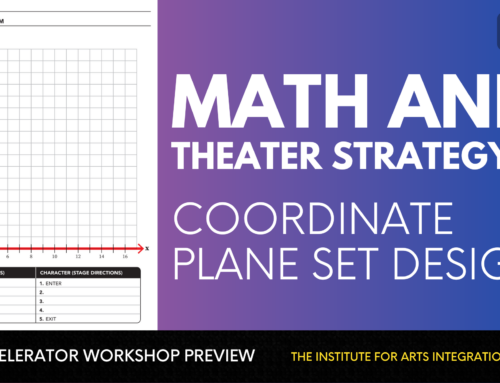Going Digital
My father is not an educator or politician. He doesn’t live in the world of “educanese” where we’re all talking about Common Core Standards and teacher effectiveness or using special education acronyms like IEP and 504 like they’re going out of style. He’s the consummate businessman and big-picture thinker. And he loves discussion.
When I was a kid growing up, my brother and I knew that we needed to be prepared every night to have a discussion around the dinner table about current events, issues, or other topics that interested us. More than that, we were expected to have an opinion and be able to defend that opinion with reasonable evidence. It definitely wasn’t “normal” – my friends didn’t have to endure this every night – but it did build my critical thinking skills and force me to understand how and why I shaped my opinions.
We continue this practice even now, though it must frustrate the additional members of our family that we’ve added through the years. We still have family dinner nights once a week where my brother and his family, me and my family and my parents get together and have these conversations.
I know my husband inwardly rolls his eyes and my sister-in-law must get tired of this, but it’s nice that my daughter and nephew are growing up to know this kind of world. One in which there are no computers or gadgets hanging around to look up the answer or shift the conversation. One in which you must participate and you will be questioned – and that’s okay. It’s a different kind of education – more analog than digital and it’s something we may have lost along the way.
Too Much Technology?
The reason I bring this up is because I received an email from my dad the other day about a song that Joe Walsh recently wrote called Analog Man that discusses the dicotomy of using these analog practices in a world that is completely digital. What surprised me most was that my father was in support of this idea that we may need to take a break from technology every once in a while. I mean, this is the same man who started me on computer math games when I was 7 and the computer was still running on DOS.
I have grown up immersed in technology in an era when it was just beginning its current revolution. And the man who fostered that was now asking me to consider the possibility of a world without technology. What would that look like? And, how are we preparing our students for a world without the help of tech tools?
It’s an unsettling thought.
We have computers everywhere – the iGeneration can’t go anywhere without one. We’re pushing, pushing, pushing technology into our curriculum and instruction practices at the speed of light. And I definitely think we should be embracing and sharing these resources and all they have to offer. But I also think my dad (and Joe Walsh) may have a point in the idea of unplugging for a moment and teaching through process and application. We need a balance of both traditional and digital practices: tradigital. Our students need to look up and experience the world around them, not just in a virtual environment where life exists in 1’s and 0’s. They must experience it with their whole soul and exist in a place where we feel grass and breathe the same air.
Teaching Students to Use Technology Appropriately
I feel so strongly that we as educators need to be putting technology in the hands of our students and teachers – I wholeheartedly believe in BYOD – and so out of fear, I want to call my father’s ideas archaic or idealist. But, I also believe that our students are more and more desensitized every day. They don’t know how to use their senses to be alive in the world. What kind of legacy are we leaving if we simply rush to place an iPad into the hands of every student in our school? What good have we done?
Yes, our students should have equitable access to technology and learn the skills in using it. But as educators, we need to take the next step and teach the applications for which this technology is appropriate. That it is a means to an end, not the end itself. That tradigital can be a fulcrum for change. By embracing the use of technology in conjunction with the arts through a common link of expression and creativity, we can explore the true possibilities of the future. And by unplugging every once in a while, we share the possibilities of a quiet world where your thoughts may blossom into innovative ideas, without consequence. Unless your sitting at our family dinner table – it’s never quiet there.






